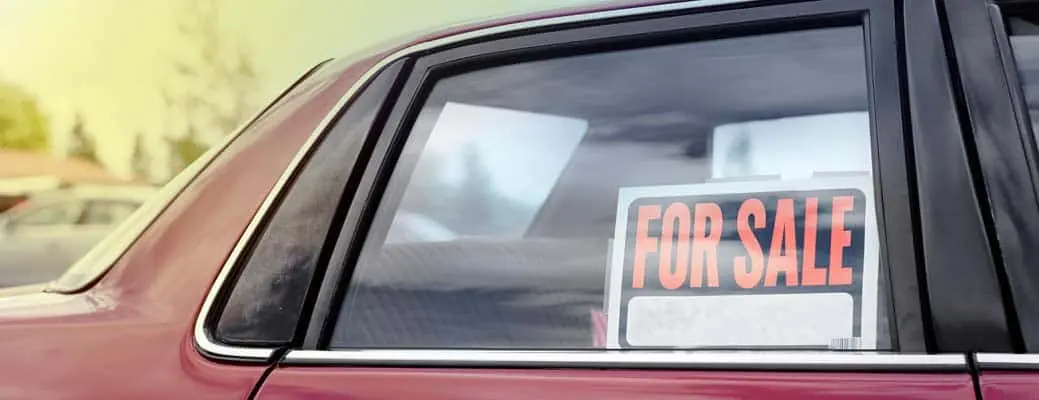Sell Your Car Safely With These Essential Tips


Selling your car online can seem easy and profitable — no dealership to haggle with! It may be true that you can get more cash if you sell it to a private party than a dealership, but it’s important to take some extra steps to protect yourself. While selling your car online is a wonderful convenience, the internet is full of scammers. First, check the laws and regulations for selling cars in your state and then use the below guide to make sure you sell your car safely.
Scammers often hide behind false email accounts or profiles that won’t provide information about them or their whereabouts. Insisting you speak with the potential buyer on the phone can reduce your risk and keep you safe. Ask for their phone number and set up time to talk. This will help weed out some scammers. Even if you have the prospective buyer’s phone number and they prefer to text, push to speak on the phone. Follow your gut and if the buyer makes any unusual requests or says anything that makes you uncomfortable, wait for another buyer.
If the deal seems too good to be true, it’s likely a scam. Real buyers will have questions and they might want to negotiate back and forth. Any prospective buyer who jumps too quickly at your offer or seems like they’re in a big hurry to close the deal should have you on high alert.
Meeting an interested buyer at your home can seem like the easy option, but it’s not the safest way to sell your car. It could also leave you vulnerable to a robbery. The safety thing to do is to meet at a public place with lots of people during the daylight hours. Some examples of these types of locations include shopping centers and coffee shops. Somewhere with a bustling parking lot will hopefully deter criminals. If you can, take a friend or family member with you.
A test drive is a prerequisite for most prospective car buyers. It’s likely that your intended buyer is going to ask to drive the car, leaving you especially vulnerable. However, there are things you can do to help lessen your risk. Before the interested buyer hops in the car, ask to see their driver’s license, take a quick picture of it on your phone if you can. Then, agree on the test drive map beforehand so you know how far they’re planning to go. You should also ask to accompany them on the drive, but don’t go alone; have a friend or family member join you. Lastly, don’t forget your cellphone. Should something go wrong, you’ll need to be able to call for help.
If the prospective buyer makes an unusual financing request, consider waiting for the next buyer. Many online scams stem from some financing request that doesn’t sound quite right. For example, the scammer might ask to send you a check with an additional amount to ship the car to them. They’d have you pay for the shipping and send the car, only to find out later that the check bounces. Cash is the best form of payment when selling a car, and you should insist on it. However, if the buyer is only willing to pay with a cashier’s check, arrange to meet them at the bank and complete the transaction there.
If you’re looking to best optimize your return, selling your car privately might be for you. But don’t risk your safety. Once you sell your car and when you buy a new one, you’ll want to talk with your Farm Bureau agent and get your auto insurance policy updated.